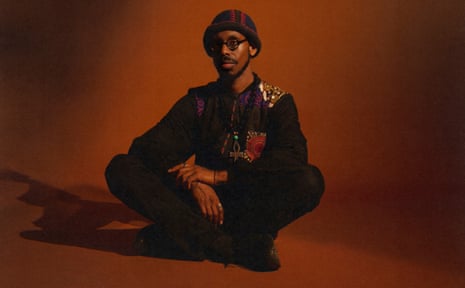Extraordinarily, this mini-album marks the solo debut of saxophonist and band leader Shabaka Hutchings, lauded for his work with Sons of Kemet, the Comet Is Coming and Shabaka & the Ancestors. Existing only as a download (why?), Afrikan Culture finds the now mononymous Shabaka moving away from the frenetic tempos and boisterousness of his other three collaborations and turning inwards towards a more meditative state.
Titles such as Black Meditation or Ritual Awakening hint at a work of open-ended shimmer, one perhaps aimed at rooting meditative practice in sounds more germane to the jazz sound palette – a work allied to recent ambient jazz treasures such as Nala Sinephro’s Space 1.8 and Floating Points, Pharoah Sanders and the LSO’s Promises. Call It a European Paradox features the bejewelled, open-ended interplay of the kora (the west African lute), the shakuhachi (a Japanese flute) and bell-like percussion.
But the reality is that Shabaka in chill mode still remains instantly recognisable. On tracks such as Ital is Vital, whose title nods to the life force-affirming vegetarian diet of Rastafarianism, the transcendental yin haziness makes way for Shabaka’s signature tongue work and yang directness. He seems unable to resist playing the flute like his saxophone – with vigour.

Comments (…)
Sign in or create your Guardian account to join the discussion